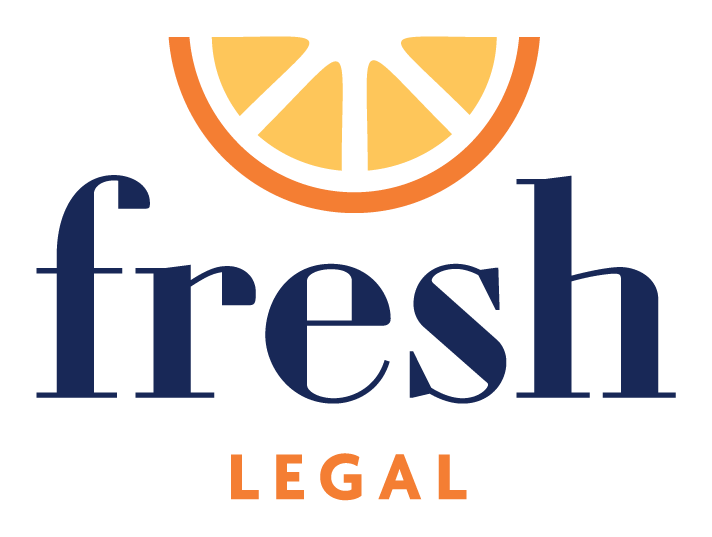Business Owners and Separation, Part 2
If I share the value of my business in equalization, do I have to pay support from it too?
In a separation, as discussed in a previous post, businesses play a twofold role. First, in equalization, businesses are defined as an asset, similar to a home or a pension, to be divided equally among the spouses. And second, in spousal support, business income can help dictate the amount of support a spouse may be obligated to pay.
Double Dipping Applies to Pensions, But Not Businesses
Understandably, this twofold role may seem similar to pensions and raise concerns of double dipping. In this situation, the Supreme Court of Canada has determined that pensions, when used for equalization, should generally be exempt from spousal support calculations. To include the equalized portion of a pension in this way would be unfair as the recipient spouse could potentially receive more than 50% and “double dip” into the paying spouse’s assets.
When it comes to businesses, however, there is a small but crucial difference. In Halliwell v Halliwell, the Ontario Court of Appeal stated that a pension is a liquidating asset: as a pension comes into force, the equalized portion becomes an income stream and its value begins to decrease. Alternatively, the Court found when businesses produce income, the asset is unaffected as the income is spent. Sometimes, the business may instead increase in value. Therefore, the court concludes, the value of the business can be equalized, but it is not depleted solely by producing income.
Put another way, if a pension worth $100,000 has been equalized and the pension holder pays their spouse $50,000, the pension itself has now decreased in value by half. If the pension holder is then expected to pay spousal support from their pension income, the $50,000 that remains would further be split between the spouses leading to an unequal division, or double dipping.
If a business worth $100,000 is equalized, the business owner would pay their spouse $50,000. However, this would not decrease the value of the business if no assets needed to be sold off; the business would still be worth $100,000. If the business owner was then required to pay spousal support, their support obligation, paid out of the income from the business, would similarly not decrease the value of the business itself.
As the Court acknowledged, this crucial difference between pensions and business is essentially a comparison between liquidating and non-liquidating assets. In one situation, the asset itself is divided; in the other, it is the value of the asset. In a divorce, a pension is often protected from double dipping but this same protection is not granted to business.
Protecting Your Business
In case of separation, a marriage contract (otherwise known as a prenuptial agreement) can help protect your business. If you would like to learn more about the best to protect your business during a separation or divorce, please contact us.

